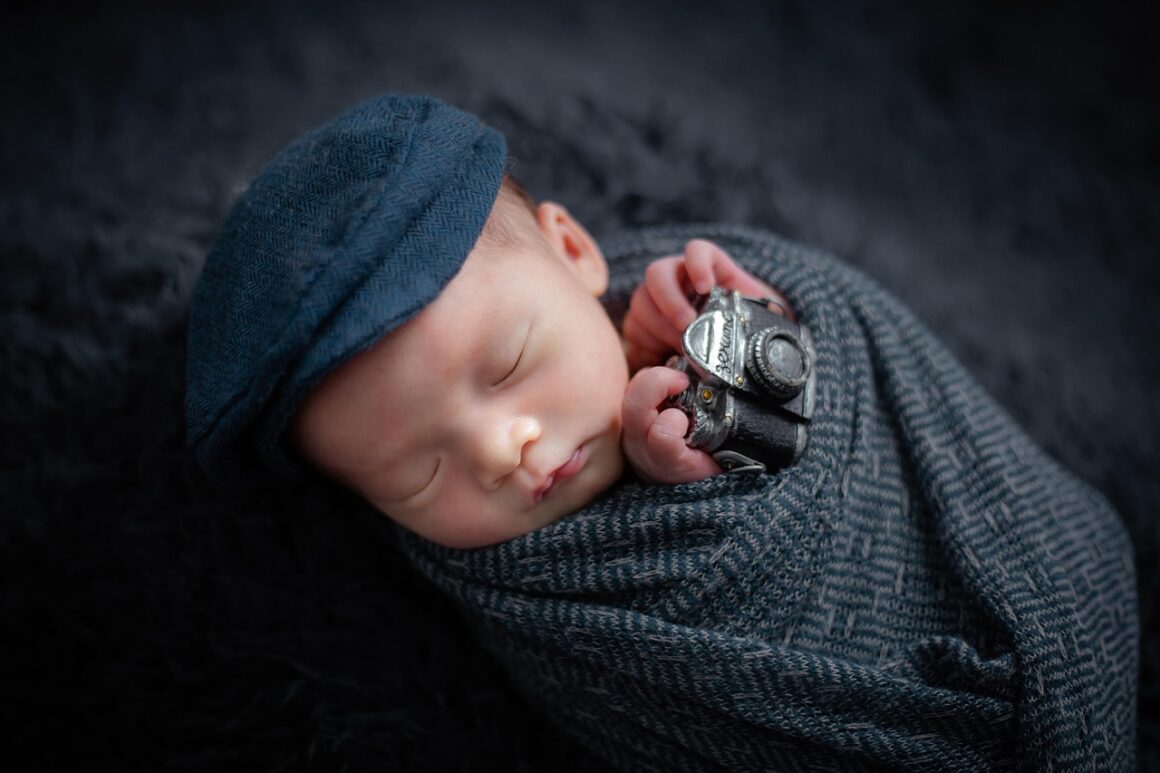Alcoholism is defined as being “a chronic disease characterized by uncontrolled drinking and preoccupation with alcohol.” The addiction’s characteristics can be described through frequency and/or depth of the drinking. While the struggle of alcoholism greatly affects the individual it plagues, their families, especially children, also have to face the detrimental symptoms.
Growing up around an alcoholic parent can be frustrating, stressful, and harmful to a child’s mental health.
From personal experience, I know how hard it is to live with a parent who has a drinking problem. The worst part is never knowing who you’re gonna come home to: the loving, understanding caretaker, or the aggressive, irrational drinker. Their whole persona and demeanor changes as soon as they take the first sip, and many children of alcoholics can identify the moment it happens. After that, one of two things happen; the child argues with the parent about their drinking, or they try to completely avoid the parent at all costs, which is usually never realistic.
Don’t get me wrong, most parents with drinking problems can and do take care of their children, but in the moments of drunkenness, all ideas of parenting go out the window. Some alcoholic parents might emotionally or physically abuse or mistreat their children, whether it is intentional or not. Social drinking is also quite different than someone who drinks so much that it changes their behavior, and makes them uncontrollable and unpredictable.
Living with someone of authority who is constantly uncontrollable and being so powerless that you can’t do anything about it creates a fearful, depressing, and oppressive environment that can harm a child’s emotional development.
A parent-to-child relationship is an unbalanced power relationship. The child always puts all their respect and trust in a parent, and when an alcoholic parent takes advantage of that, it’s emotionally abusive. Every time an alcoholic parent breaks the promise that they’re gonna get help, it leaves the child feeling helpless, and can harm their sense of trust. Sometimes, the parent can say things that make their children feel bad, especially because young children usually don’t realize that the problem has nothing to do with them and it is not their fault.
Most parents don’t even realize or understand that they have a problem. This is one I definitely have personal experience with. They are so far in denial that they fail to realize how their drinking affects their relationship with their child and even spouse. As the child gets older, they even start to lose respect for said parent. The now teen becomes cognitive of what’s happening, and even though they know their parent can’t help it, the frustration and fear turns into bitterness and hostility.
In reality, all the child wants is for their parent to get better, and stop treating them with violence and/or disrespect. An alcoholic parent is still a parent, and no amount of alcohol will stop that child from loving and caring for their real parent, not the drinker. But, anger and resentment can’t help but seep through the cracks sometimes. Constant verbal and even physical fights start to happen, sometimes over things so minuscule.
It’s not healthy, and it’s not okay.
To anyone else who is living in a similar situation, I just want you to know that you are not alone and you don’t have to go through this alone. Find support, whether it be a family member, teacher, friend, counselor, or even a hotline (Al-Anon/Alateen has a 24 hour hotline that can be reached at 1-800-344-2666). Find a safe environment, be informed, and be aware of your emotions. You are not at fault for what is happening, and you are worthy of true, unconditional love.




